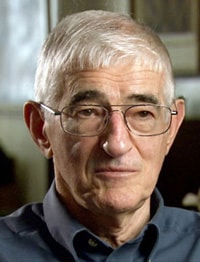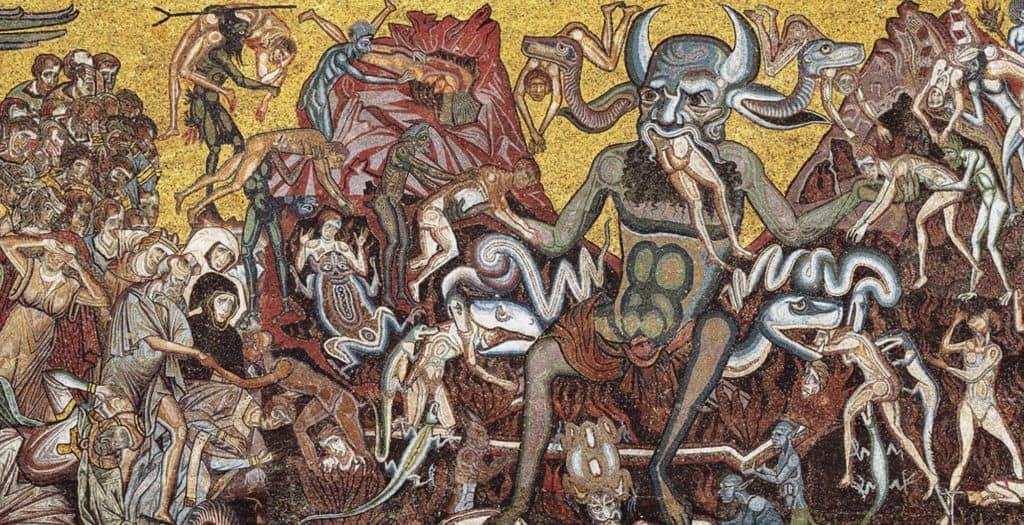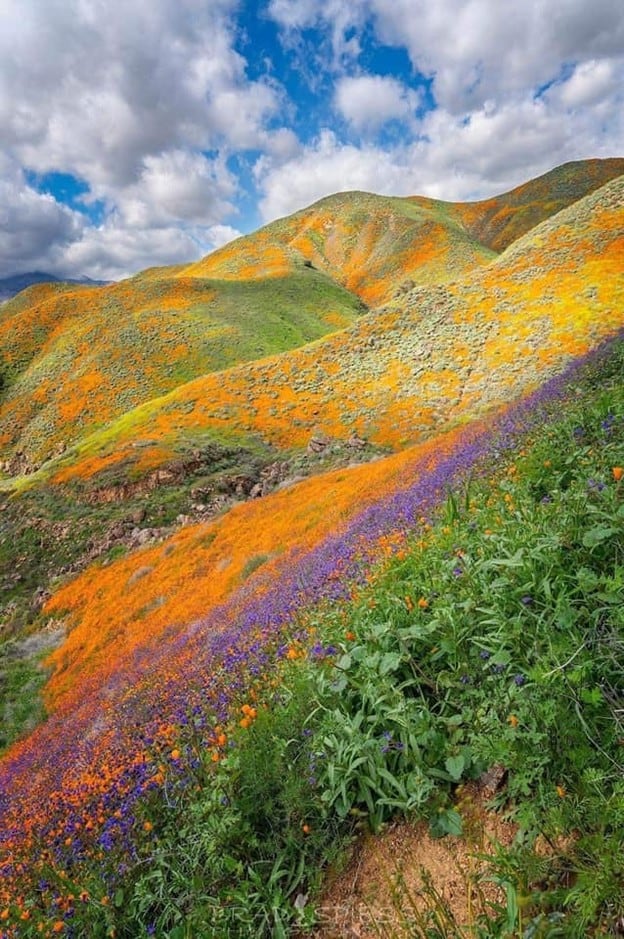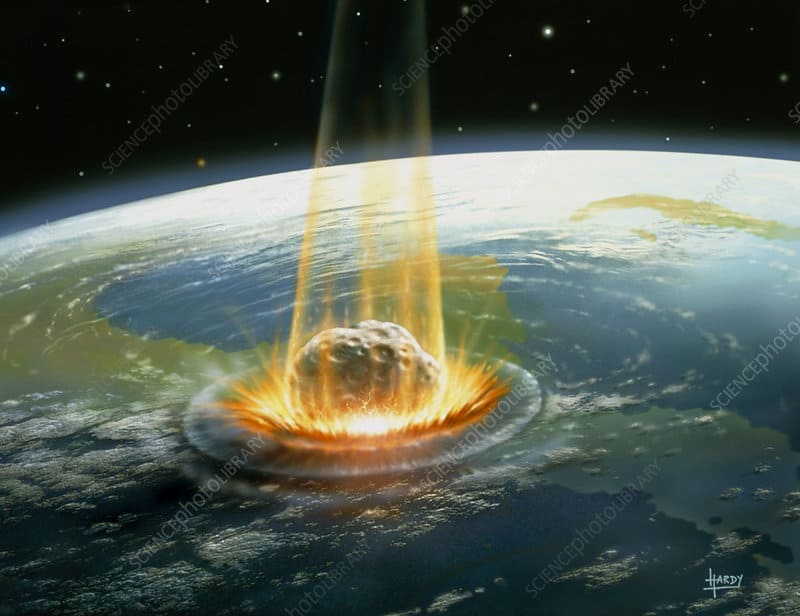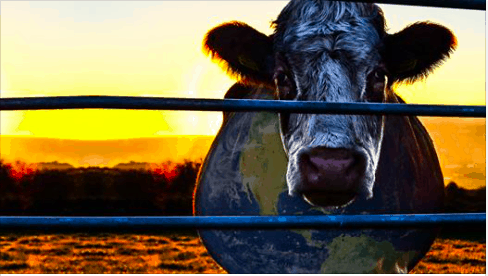Over the decades I have heard dozens of interviews with John Crossan, listened to his lectures, read his books, and spent time together in Jerusalem in 2007 with him and his wife Sarah, in endless conversation, visiting some of the “off the beaten tourist paths” places with Shimon Gibson. He and I have our differences on getting at the “historical Jesus,” but we agree on far more than we disagree, and I am happy to stand in his shadow and continue to listen and learn from him.
I just finished listening for the second time (!) to his recent two hour free-ranging interview with Youtube host Derek Lambert of Mythvision Podcast–which includes an hour of Q & A from viewers–really great questions. I have never heard him better–a wonderful combination of his personal experience, his latest insights on Jesus and early Christianity, but also deep dives into his broader theological, philosophical, and scientific outlook on our lives and history on planet earth at the wonderful age of 88, with his characteristic graciousness to all, sprinkled with his Irish wit and charm! Pure delight. Don’t miss it.
What really stood out for me, beyond the many excellent historical points about Jesus and earliest Christianity in its Roman contexts, were his existential perspectives about the process of “Evolution”–which I would equate to my own understanding of what has been called “Process Theism,” as per Whitehead and Hartshorne. Terms like God, Atheism, Theism, Theodicy, Eschatology–easily fail in common usage to reflect much precision of meaning, skewered as they are by . But all in all, Crossan’s vision of “Reality” as both transcendent and distributively “just”–in the way he lays things out, I find profoundly moving.
I usually try to chose categories for Blog posts from a topical “drop down” menu, but for this one I come up with a thick cluster: Death, Future, God, Historical Jesus, Horrors of History, La Condition Humanine, Philosophical Musings, Religion and History, the Bible, the Earth, Time…as I said, “wide-ranging”!
Here is the link–I hope you benefit from the accumulative scholarship and life wisdom of “Dom,” as I have:

